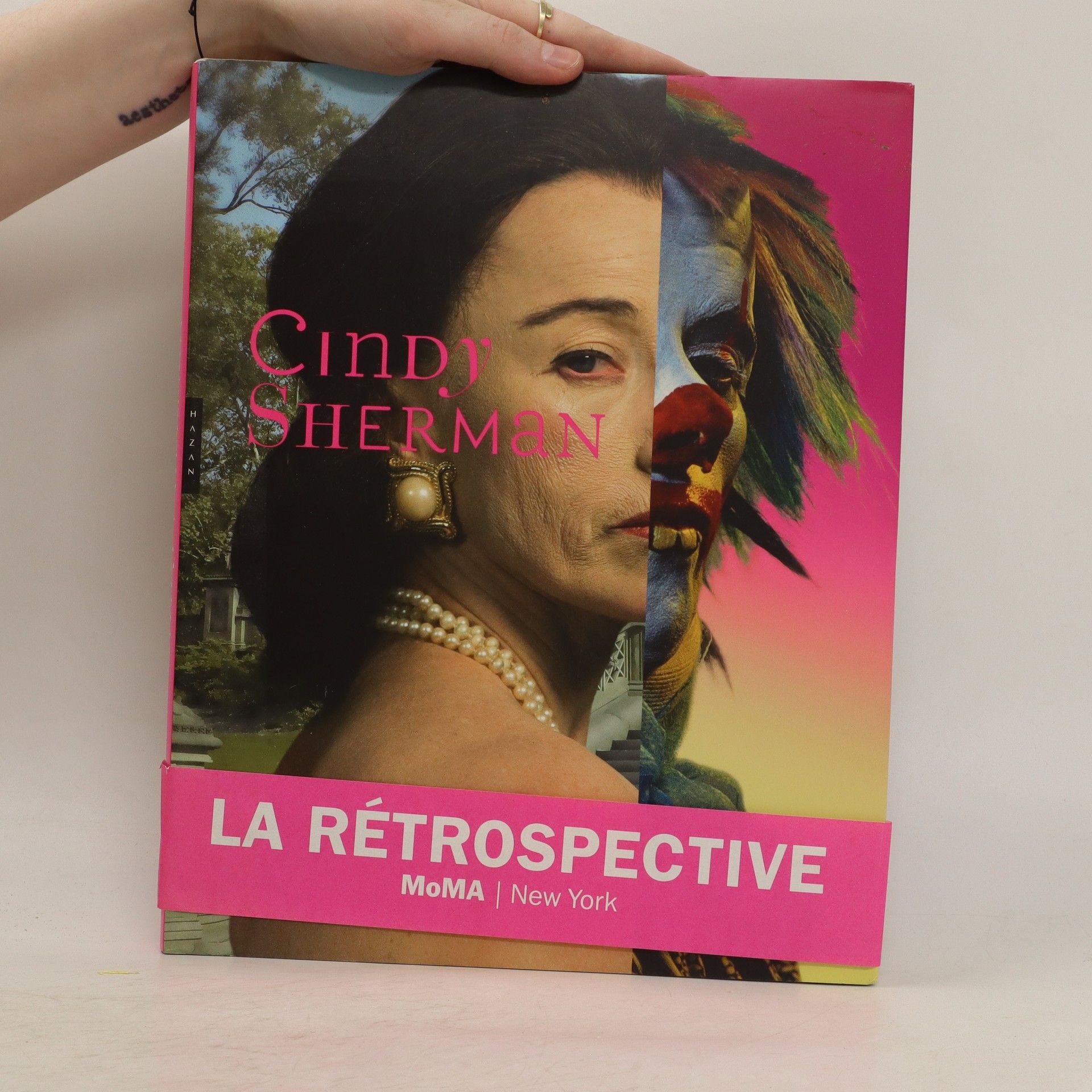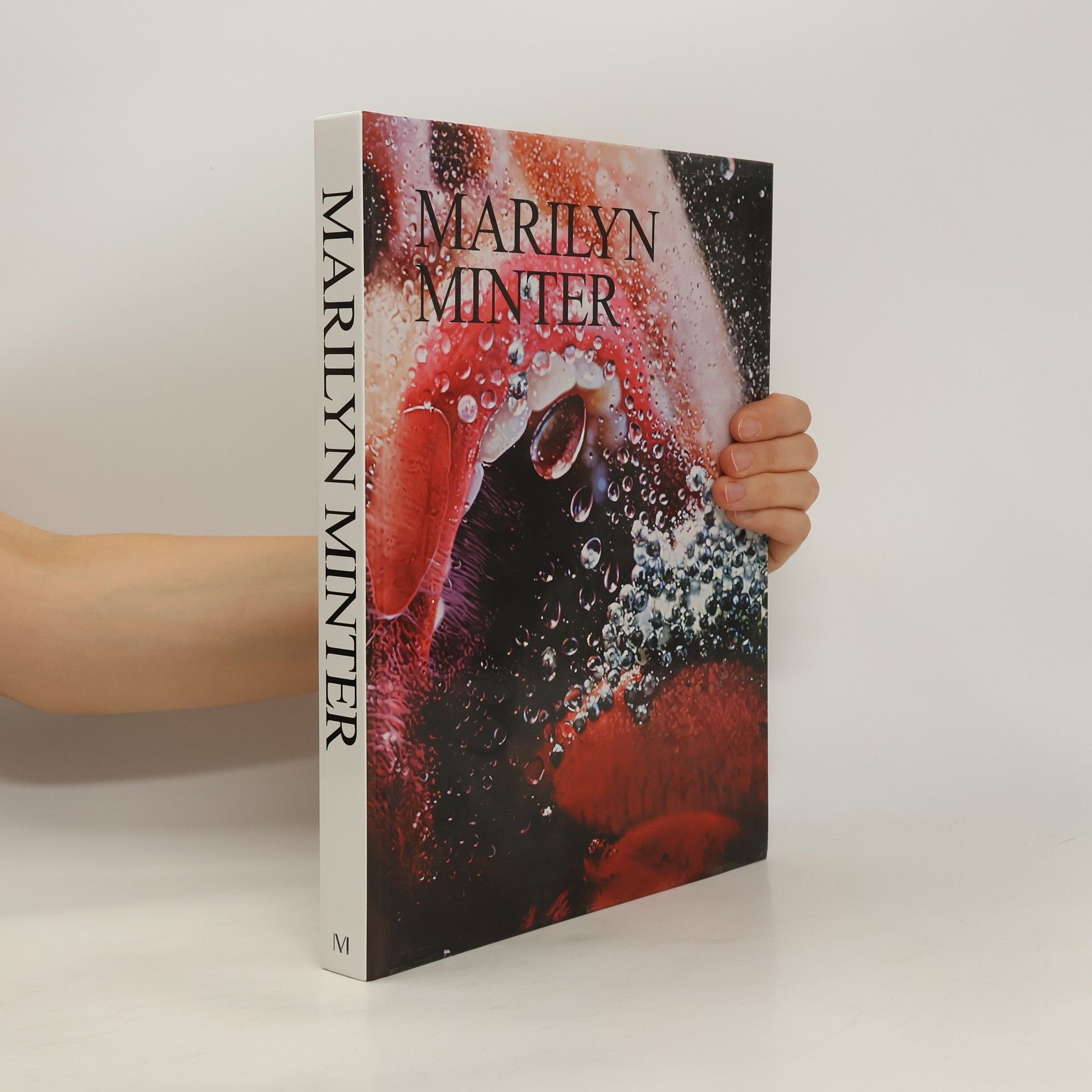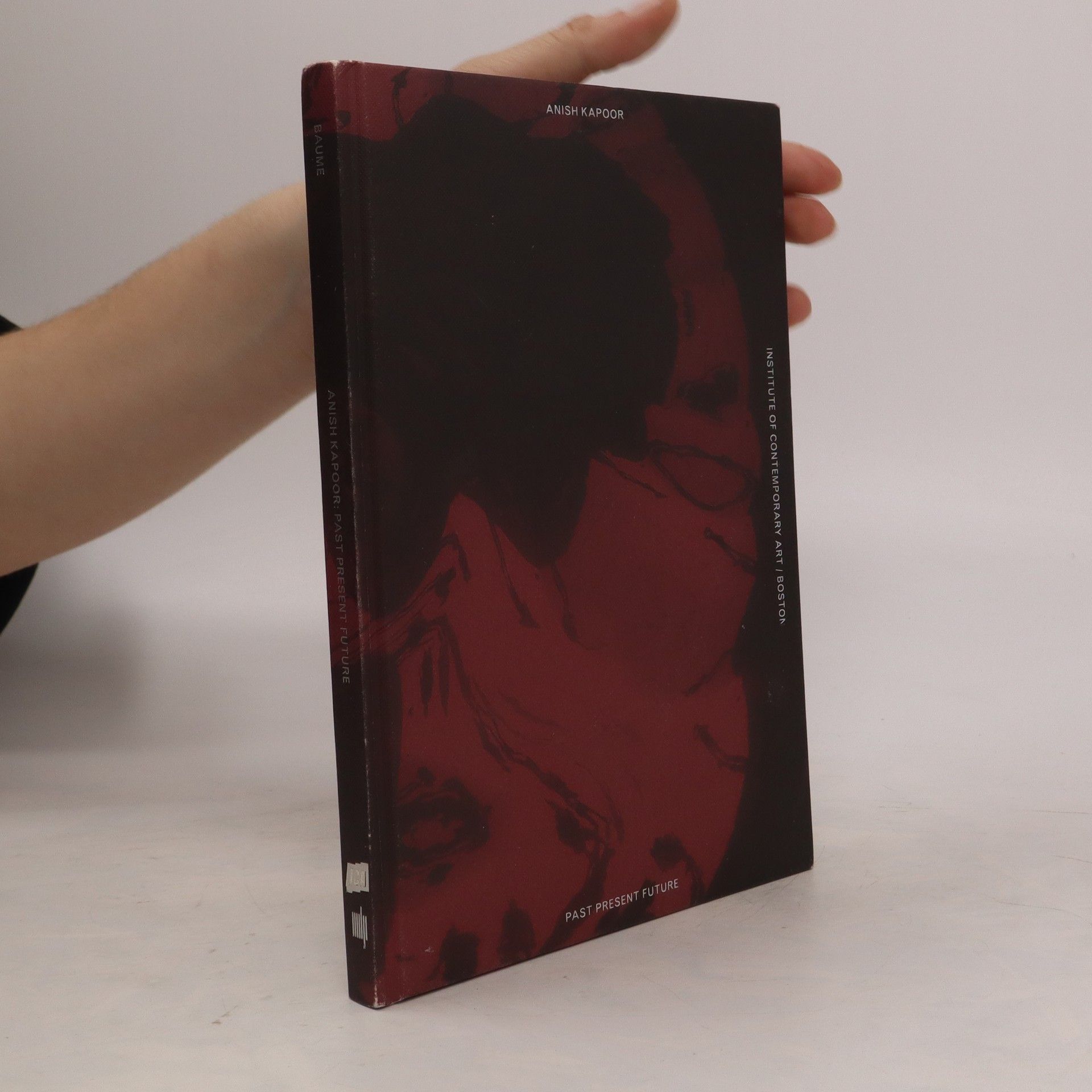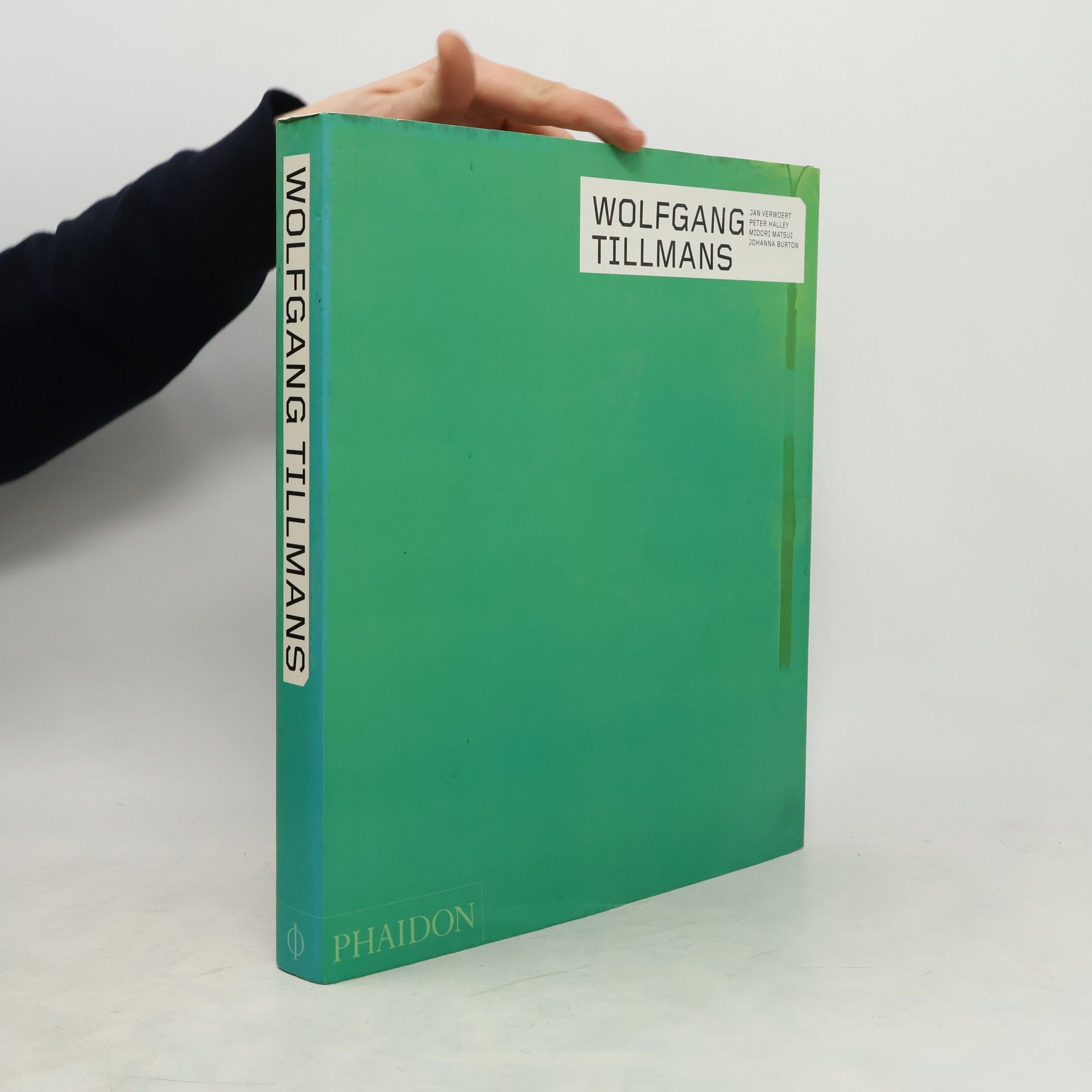Phaidon Contemporary Artists - 0: Wolfgang Tillmans
- 240 pages
- 9 hours of reading
An in-depth look at the iconic work of the internationally recognized photographer.
Johanna Burton serves as the Keith Haring Director and Curator of Education and Public Engagement at the New Museum in New York. She is also the series editor for Critical Anthologies in Art and Culture. Her work critically examines contemporary art and its connections to the broader cultural landscape. Burton is dedicated to bridging art theory with practical community engagement and educational initiatives.





An in-depth look at the iconic work of the internationally recognized photographer.
The first major American publication on this important contemporary sculptor. Anish Kapoor is one of a highly inventive generation of sculptors who emerged in London in the early 1980s. Since then he has created a remarkable body of work that blends a modernist sense of pure materiality with a fascination for the manipulation of form and the perception of space. This book—the first major American publication on Kapoor's work—surveys his work since 1979, with a focus on sculptures and installations made since the early 1990s. With more than ninety color images of these ambitious and complex works, three original essays, an extended interview with Kapoor, and selections from his sketchbooks, this book confirms Anish Kapoor's place as one of the most remarkable sculptors working today. Kapoor's work has evolved into an abstract and perceptually complex elaboration of the sculptural object as at once monumental and evanescent, physical and ethereal—as in his famous Cloud Gate (2004) in Chicago's Millennium Park. The works in Anish Kapoor include such striking works as Past, Present, Future (2006), 1000 Names (1979-1980) and When I Am Pregnant (1992). This book, which accompanies an exhibition at Boston's Institute of Contemporary Art, offers American readers a long-overdue opportunity to consider the extraordinary clarity, subtlety, and power of Kapoor's art.
This expanded edition of the first-ever monograph on Marilyn Minter updates her public with works from the past three years, including pieces from her 2009 video “Green Pink Caviar,” showcased in Times Square and Madonna's Sticky and Sweet concert. Minter's reputation began in the 1980s, blending formal painting aspects with enduring subject matter. The publication features nearly every painting from her 40-year career in full color, alongside a selection of her recent painterly photographs. It also includes the poignant Coral Ridge Towers series of black-and-white photos taken of her mother in 1969. Art historian Johanna Burton provides a substantial essay analyzing Minter's work, complemented by a conversation with painter Mary Heilmann and a project called “Twenty Questions” featuring contributions from various artists, curators, and friends connected to Minter. The design and production of this edition are executed by the award-winning design studio COMA. This monograph cements Minter's significant role in contemporary art, showcasing her evolution and the breadth of her artistic contributions.
'Ten Hours' presents new work by Carol Bove, "sculpture's woman of steel," as coined by Randy Kennedy in The New York Times. Her new sculptures expand on her investigations of materiality and form. Characterized by compositions of various types of steel, Bove's ongoing series of "collage sculptures," begun in 2016, amalgamates theoretical and art-historical influences across time periods and disciplines. To create these lyrical and abstract assemblages, Bove pairs fabricated tubing that has been crushed and shaped at her studio with found metal scraps and a single highly polished disk. Luminous color is applied to parts of the composition, transforming the steel-more commonly associated with inflexibility and heft-into something that appears malleable and lightweight, like clay, fabric, or crinkled paper
Les photographies de Cindy Sherman ne sont pas des autoportraits. Bien qu'elle soit le modèle de ses propres personnages, là n'est pas l'essentiel. Sa démarche suppose qu'elle travaille seule et assume de multiples rôles : photographe, modèle, coiffeuse, maquilleuse, costumière, styliste. À l'aide de tout un arsenal de déguisements, de fards, de perruques et de prothèses, Sherman transforme à volonté son aspect et son environnement, créant une mutitude de compositions et de personnages étranges, comme ceux du clown ou de la vedette de cinéma, ou d'autres tirés de l'histoire, de l'art ou des contes de fées. À travers ses travestissements, elle a crée une œuvre étonnante qui dérange, amuse et choque, où le questionnement de l'identité croise, celui, contemporain, du corps et de l'image. Cette rétrospective comprend ses œuvres les plus récentes, dont certaines inédites. (4e de couverture)